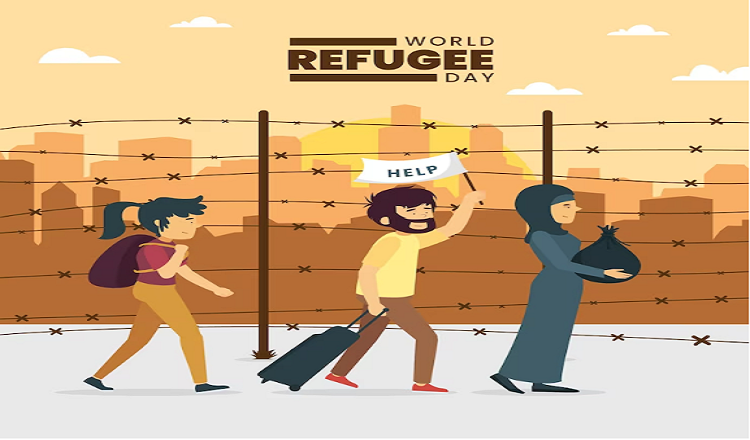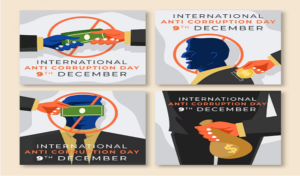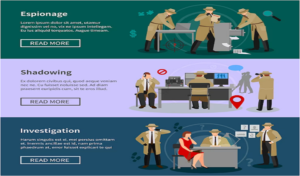The future of terrorism and how to prepare for it

Terrorism has been a big problem around the world for a long time. It is a threat to the safety and security of people and countries, causing damage that can’t be fixed and the loss of life and property. Terrorist groups have changed their tactics and plans over time, and the world needs to be ready for what comes next. In this piece, we talk about where terrorism is going and how to get ready for it.
How will terrorism change in the future?
Terrorism’s future does not look good. Terrorist groups are always getting better and learning new things. They also use technology to their advantage. Here are some ways that people think terrorism will change in the future.
Cyber Terrorism
Technology has made life easier for people and companies all over the world, but it has also given terrorists new ways to launch attacks. Cyberterrorism isn’t a new thing, but experts say it will happen more often in the future. Cyber terrorists attack important assets, like power grids and water treatment plants, and cause a lot of damage.
How to Pay for Cryptocurrency
Bitcoin and other cryptocurrencies have made it easier for terrorist groups to get money. Because these digital currencies don’t work through banks, it’s hard for law enforcement to keep track of transactions.
Artificial Intelligence
AI is getting smarter, and terrorist groups could use it to attack. Terrorists could use AI to make attacks more effective and efficient by automating them. They could also use AI to spread propaganda and recruit new followers through social media.
Attacks by a Lone Wolf
Attacks by lone wolves are not new, but they are likely to become more common in the future. Lone-wolf terrorists are people who do bad things on their own, without the help or knowledge of a bigger terrorist group. It’s hard to stop these kinds of strikes, which makes them a big problem for law enforcement.
Getting ready for terrorism in the future
To prepare for the future of terrorism, governments, law enforcement agencies, and people all need to work together. Here are some ways to get ready for attacks in the future.
More information gathering and sharing
To stop more terrorist acts, governments and law enforcement agencies need to do more to gather and share information. Sharing information across countries and between agencies can help find possible threats and stop attacks before they happen.
Keeping important infrastructure safe
To stop cyber terrorism attacks, it is very important to protect vital infrastructure. Governments and companies need to spend money on strong cybersecurity measures to stop attacks on power grids, water treatment plants, and other critical infrastructure.
Stopping radicalization online
Terrorists use social media to spread lies and find new people to join their group. Governments and social media companies need to work together to stop people from becoming radicalised online by removing terrorist material and blocking extremist groups.
Getting Citizens Ready
Preparing for the future of terrorism also depends a lot on what people do. Law enforcement must teach people how to spot possible dangers and what to do if they are attacked. Citizens should be aware of their surroundings and know how and when to report things that seem odd.
Conclusion
Terrorism is always changing, and the world needs to be ready for what comes next. Terrorism is likely to change in the future because of things like cyberterrorism, funding through cryptocurrencies, AI, and “lone wolf” strikes. To stop future attacks, governments, law enforcement organisations, and people need to work together. This means gathering and sharing more intelligence, protecting vital infrastructure, stopping people from becoming radicalised online, and preparing people. By taking a global approach, we can stop terrorist acts from happening again and make sure that everyone and every country in the world is safe and secure.
Read More You May Like:








